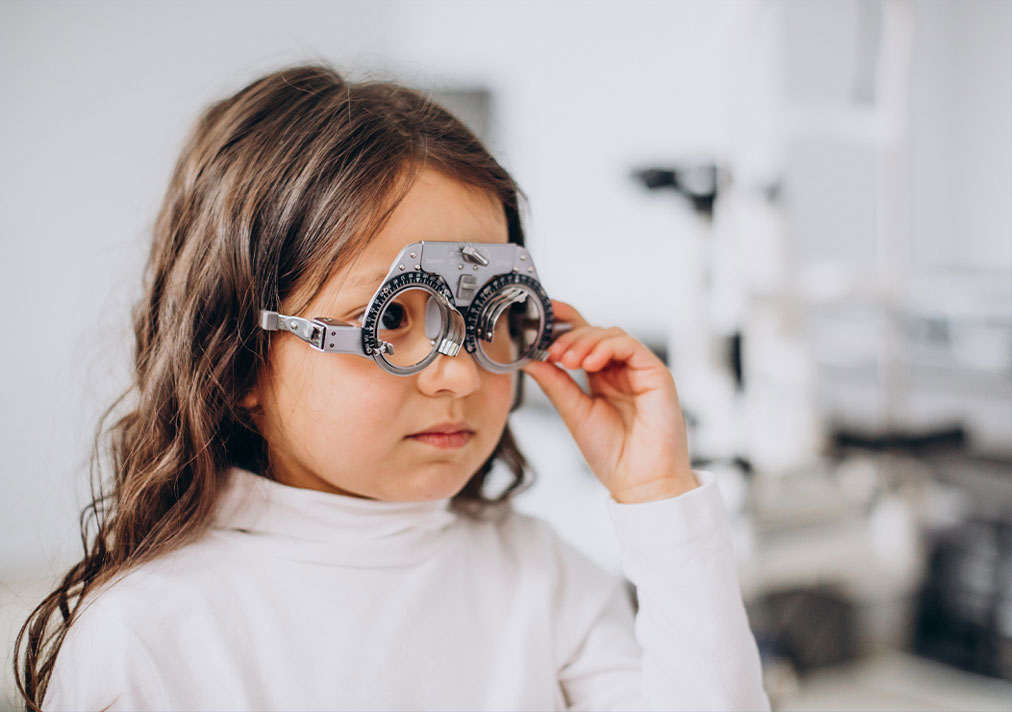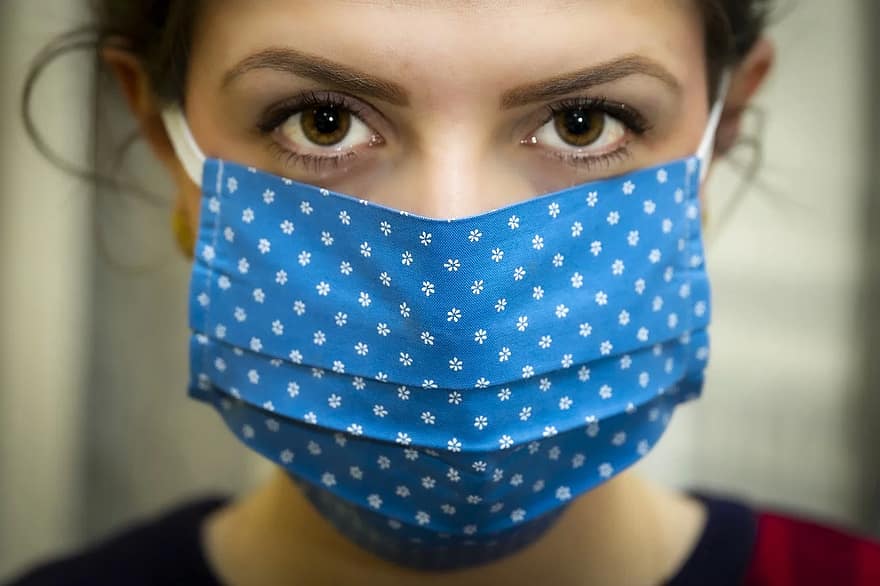Protect your Eyes! Eye care and COVID-19 pandemic
Protecting your hands, mouths and even your eyes can have a great impact on slowing the spread of coronavirus.
When a person infected with the coronavirus speaks or coughs, there are droplets formed through which the virus can be transmitted from one person to the other. These are either inhaled through mouth or nose and it can even enter through the eyes.
It can also spread when you touch an infected surface and then touch your eyes.
Coronavirus can be a cause of pink eyes/conjunctivitis and in some rare cases, it is the presenting symptom and precedes other symptoms of coronavirus disease.
Wash your hands regularly, avoid rubbing and touching your eyes, and prefer glasses over contact lenses for the time being.
So, along with protecting hands and mouth, it’s also important to protect the eyes.
Corona Virus and Eye Care Service | Eye care and COVID-19 pandemic
Visit eye hospital, if you have any of the following problems :
- Sudden loss of vision in one or both eye
- Pain in the eye with redness or discharge
- New excessive floaters or flashes of lights
- You have a chronic eye disease ( Diabetic retinopathy, Age-related Macular Degeneration, etc) and need regular eye checkup or eye injections.
- Unusual changes in vision
- Blurred Vision
If you are not able to reach the hospital, you can discuss it over a tele-consultation platform.
Precautions while visiting an Eye Hospital
- Always take an appointment before visiting the hospital.
- Inform your eye doctor beforehand, if you have any symptoms ( dry cough, fever, breathlessness, etc), history of foreign travel, contact with someone having corona disease.
- Restrict the number of people accompanying you to the hospital.
- There may be extended waiting times or you might be asked to wait outside the hospital, even if you have taken an appointment.
- Don’t forget to wear your mask while going to the hospital.
- Maintain and insist on social distancing while at the hospital premises.
- Cover nose and mouth during coughing or sneezing with a tissue or flexed elbow and wash your hands immediately after it.
- Some tests which were routinely done while visiting an eye hospital might be omitted to prevent the spread of disease.
- You might be asked to get some extra tests ( Blood investigations, Chest imaging, COVID testing, etc) before any emergency surgical procedure.
- Hospitals might prefer card payment or online transfer instead of cash payments.
Dr. Diva Kant Misra
MBBS, DO, DNB, MNAMS, FVRS
Consultant Ophthalmologist & Vitreoretinal Surgeon
Also Read- What is Retinal Detachment | Causes, Symptoms & Treatment


